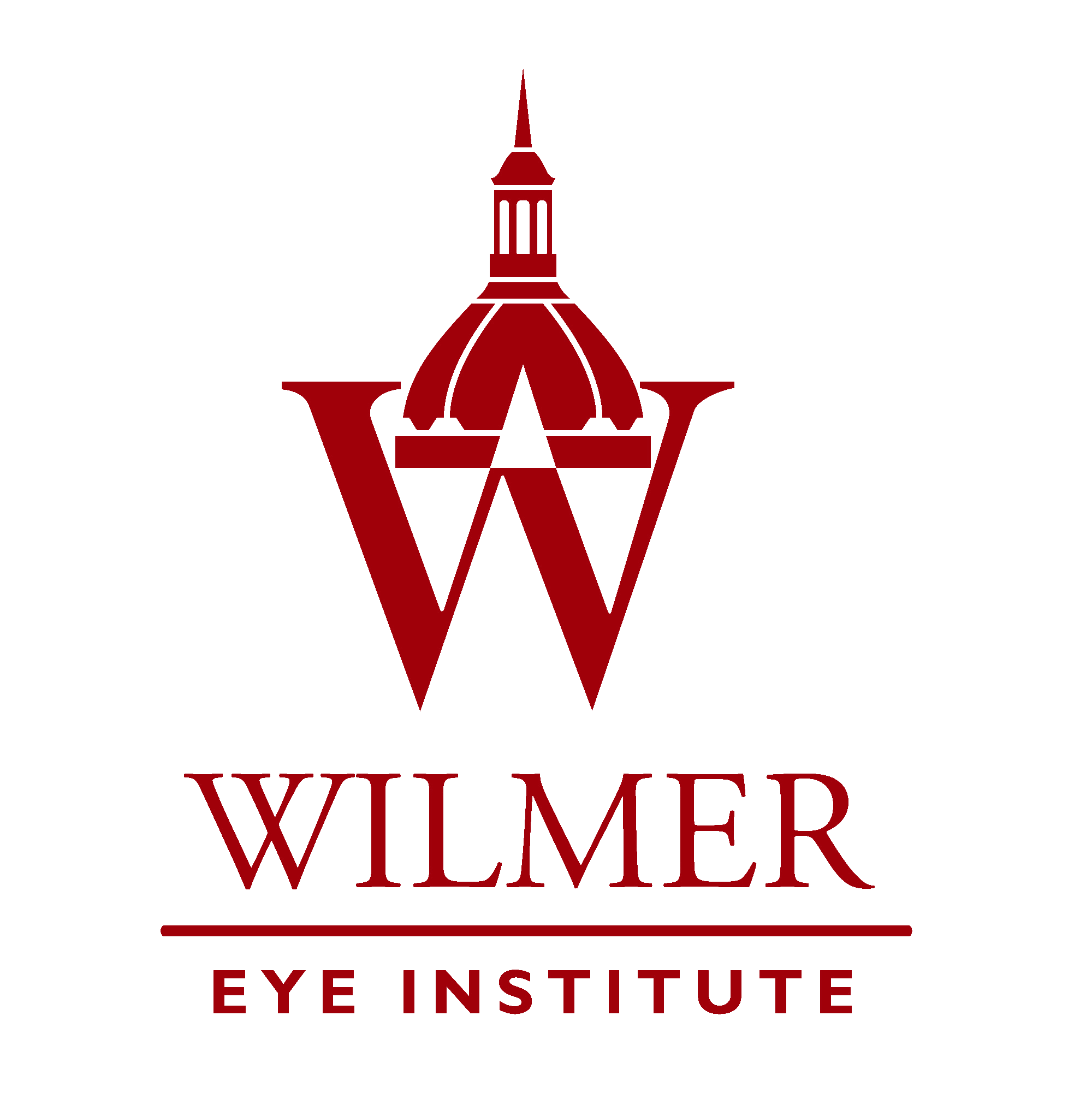
My theory regarding physician burnout

Surveys have found that burnout among physicians who deliver “primary care” is so bad that 20% of them intend to stop practicing.
Burnout among physicians who deliver “primary care” is so bad that 20% of them intend to stop practicing, according to some surveys.1 By contrast, rarely during my career have I seen an ophthalmologist friend truly retire.
They may stop operating or cut back on their hours in clinic, but I have colleagues in their 70s and 80s working away and loving being ophthalmologists. Some of them even tell me they hope one day to die (hopefully suddenly with minimal discomfort) while in the office.
I have a theory to explain this difference between ophthalmologists and our primary care brothers and sisters, and a recently published study from my own institution convinces me that my theory has validity. In the study, 43 internal medicine interns were given infrared badges so that their exact physical locations could be tracked throughout each working day for one year.2
The results showed that the interns spent a lot of time in their workrooms (no doubt diligently documenting things in the medical record, entering orders, performing medicine reconciliation, hunting down laboratory results, calling to ask other physicians for a consultation, dictating discharge summaries, etc), in the hallways (discussing patients with the other house officers outside the patient rooms), in grand rounds lecture halls, etc. But the bottom line from the precise tracking data was this (and I quote): “The patient-physician clinical encounter is the cornerstone of medical training, yet residents spend as little as 12% of their time in direct patient contact.”2
I kid you not: In a 12-hour workday, these interns were physically in a room with a patient for an average of 90 minutes!
My theory is that young people work their tails off to earn a spot in medical school because they want to experience the satisfaction that comes from caring for people and saving or improving patients’ lives. We ophthalmologists and our ophthalmology residents spend almost the entire day with our patients—in clinic rooms or in the operating room—and we constantly get the positive feedback that comes from getting to know our patients and hearing them express appreciation for what we do.
My hypothesis is that we do not work hard to spend hours and hours documenting in medical records, tracking down x-rays, etc. I feel sorry for physicians who spend 80% to 90% of their day performing various administrative tasks and a minimal amount of time talking to and examining their patients.
I don’t blame doctors who only get to spend 12% of their time actually being doctors for being dissatisfied and wanting out. If the primary care fields want to attract and retain the best and brightest, I believe they should start all over with how they structure their training programs.
References
1. Abbasi J. Pushed to their limits, 1 in 5 physicians intends to leave practice. JAMA. 2022;327(15):1435-1437. doi:10.1001/jama.2022.5074
2. Rosen MA, Bertram AK, Tung M, Desai SV, Garibaldi BT. Use of a real-time locating system to assess internal medicine resident location and movement in the hospital. JAMA Netw Open. 2022;5(6):e2215885. doi:10.1001/jamanetworkopen.2022.15885
Newsletter
Don’t miss out—get Ophthalmology Times updates on the latest clinical advancements and expert interviews, straight to your inbox.





























